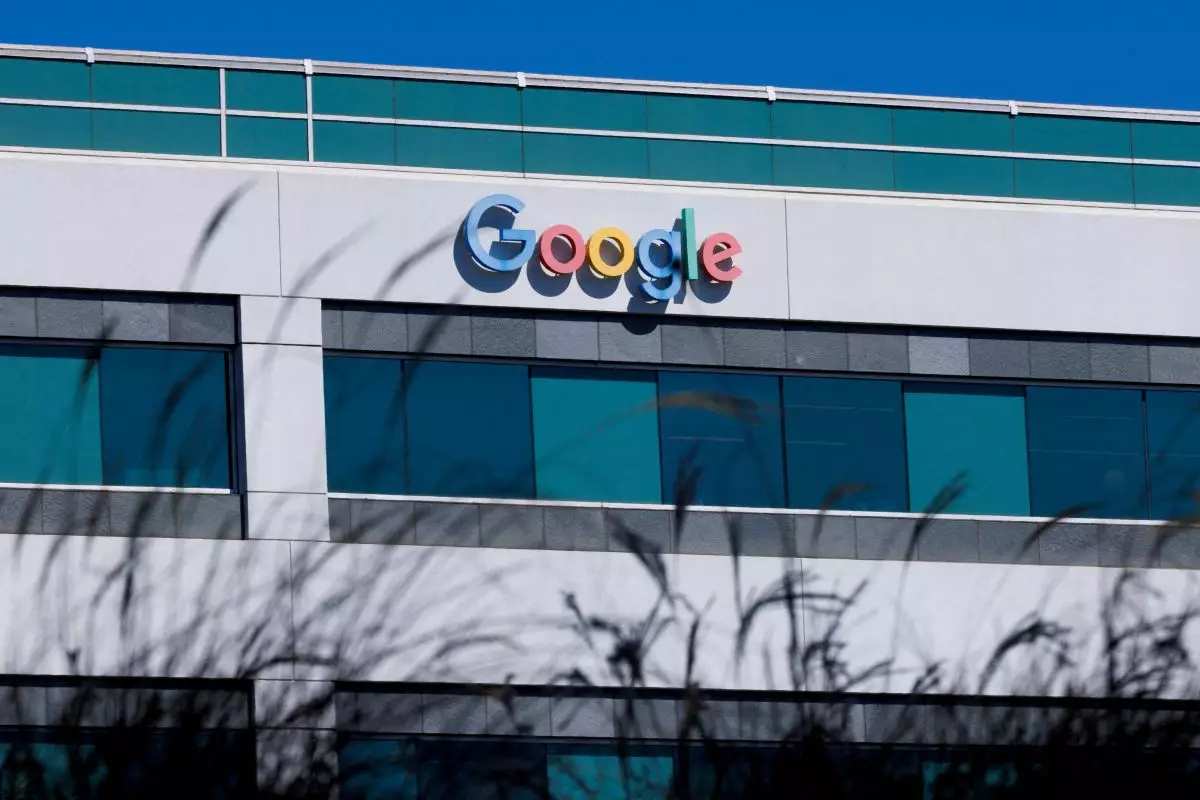The legal tussle between Google and Epic Games, the creators of the wildly popular game “Fortnite,” is a significant bellwether for the tech industry’s approach to control and competition. The antitrust lawsuit catalyzed by Epic Games has raised essential questions about monopolistic practices within digital marketplaces, particularly concerning Google’s Android app store, known as Play. As the digital economy rapidly evolves, these disputes highlight a broader struggle over user choice and corporate dominance.
In a notable turn of events, U.S. District Judge James Donato from San Francisco has placed a temporary hold on his previous order mandating Google to make substantial modifications to its Play Store by November 1. This order was seen as a crucial step toward fostering greater consumer choice and enabling alternative app distribution methods. Google’s argument focused on the claimed dangers posed by the immediate implementation of these changes, suggesting that they could introduce significant safety, security, and privacy vulnerabilities within the Android ecosystem.
Judge Donato’s recent decision essentially opens a window for the 9th U.S. Circuit Court of Appeals to review the technology giant’s appeal regarding the imposed changes. However, he narrowed the scope of Google’s maneuvering by rejecting their request for a more extensive halt on the order throughout the appellate process.
Google welcomed the temporary reprieve, framing it as a necessary relief from what they described as “dangerous remedies” advocated by Epic. In their statement, Google expressed optimism that the appellate court would side with them in pausing any requirements that could disrupt their business model while the legal evaluations continue. This reflects a broader strategy; by portraying the imposed changes as a threat to user security, Google aims to reinforce public confidence in its practices while simultaneously complicating Epic’s case.
Epic Games’ Position
On the other side of the courtroom, Epic Games is unwavering in its position. The company characterized the pause as merely a procedural move and criticized Google’s portrayal of security risks as mere “fearmongering.” In doing so, Epic seeks to highlight the necessity of opening up the Android ecosystem to competition and innovation. The tech landscape is brimming with potential, and Epic’s assertion emphasizes the need for both developers and consumers to have access to diverse app distribution and payment methods that could challenge Google’s dominance.
The path forward appears fraught with uncertainty, but the implications of this case are profound. Last year’s jury found Google guilty of monopolizing app downloads and payment processes, leading to increased scrutiny on its practices. As the appellate court reviews the case, the outcome will likely resonate well beyond just Google and Epic, setting important precedents for both existing and emerging competitors in the app market.
The legal discourse surrounding this case touches on fundamental issues related to consumer choice, fair competition, and the overarching role of technology companies in digital economies. As the battle continues in the courts, users and industry watchers remain keenly interested in how this saga will ultimately unfold.


Leave a Reply